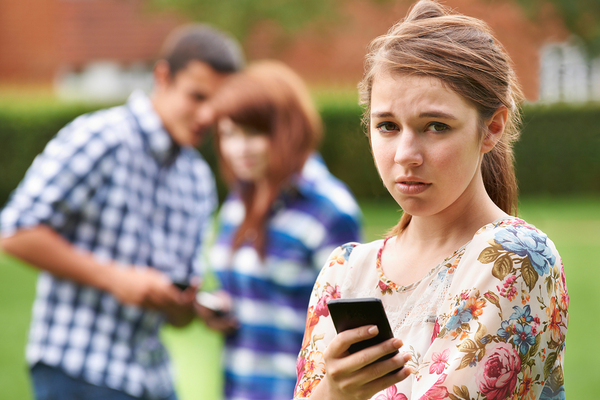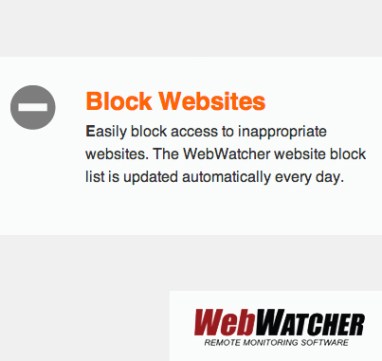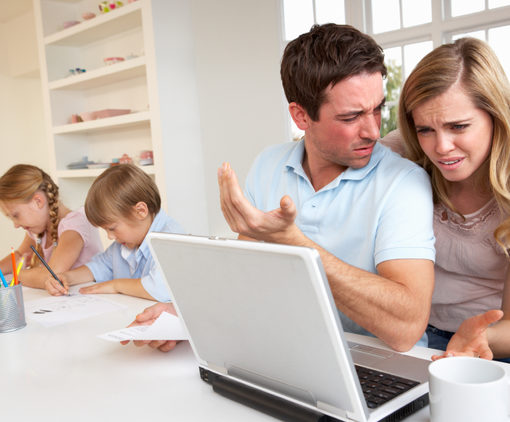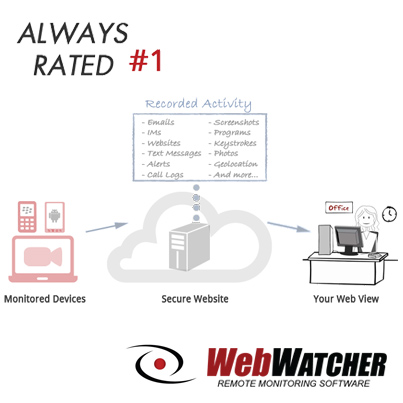If you or your child has ever been bullied, you already know that it’s a serious problem. Children who experience bullying can have problems in school, both academically and socially, and can even become depressed. Today’s children have to deal not just with the possibility of bullying in school or on the playground, but also with cyberbullying that can follow them into their homes and other places that should be safe havens. This can have a serious negative effect on your child, and a new study shows some of the dangers that are associated with this kind of bullying.
Link Between Cyberbullying and Self-Harm

An LSE and University of West London study designed to look at the connection between cyberbullying and suicide found that 10 percent of children were involved in cyberbullying in some way. Some were involved as victims, some as bullies, and some as both victim and bully. The study also found that those children who were involved in cyberbullying in some way, whether as victims, bullies, or both, were more likely than other children to view content on the web that concerns self-harm or suicide.
This indicates that children who are involved in cyberbullying in some way are more vulnerable to thoughts of suicide or self-harm than children who are not affected by cyberbullying.
What Should You Do If Your Child Is Involved in Bullying?

For a parent, it’s bad enough to know that your child is being bullied or participating in bullying behaviors. It’s even scarier to realize that they might be vulnerable to self-harm or suicide because of the bullying. It’s impossible to shield your child from any chance of cyberbullying, but there are things that you can do to support your child if they’re being bullied.
You should let your child’s school guidance counselor know about the bullying. If the bullies attend your child’s school, they may be breaking school rules, and the school should be aware. More importantly, the guidance counselor should be aware so that they can keep an eye out for your child, make sure that they’re safe at school, and check in with your child to see how they’re handling things. If your child is having difficulty coping with the bullying, then you shouldn’t hesitate to consult with their pediatrician, a counselor, or a clergy member to help them get the resources and support they need.
What About Web Safety?
It’s important for you to know who your child is talking to online and what kind of content your child is looking at so that you can keep an eye out for troubling signs. Part of parenting in the digital age is checking your child’s web history and keeping track of their passwords so that you know what is going on in their online life.
You want to know if your child is experiencing bullying on social media so that you can protect them, and you need to know if your child is viewing content about suicide or self-harm. Viewing that content may be your child’s cry for help, and it’s important that you hear it.
Parental monitoring software can help you protect your child on the web. To find out more about how to use monitoring software to keep your child safe, get our free trial.





